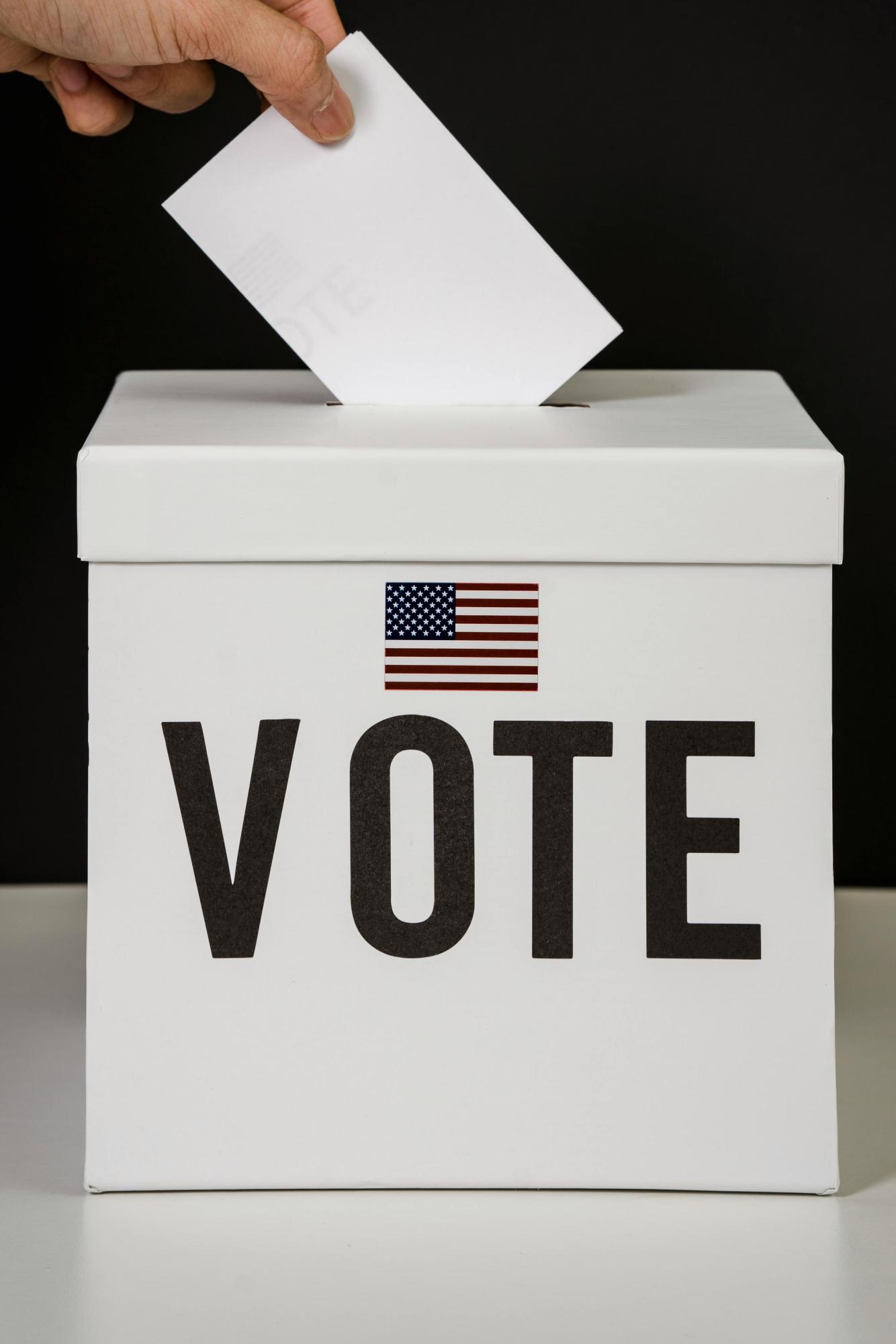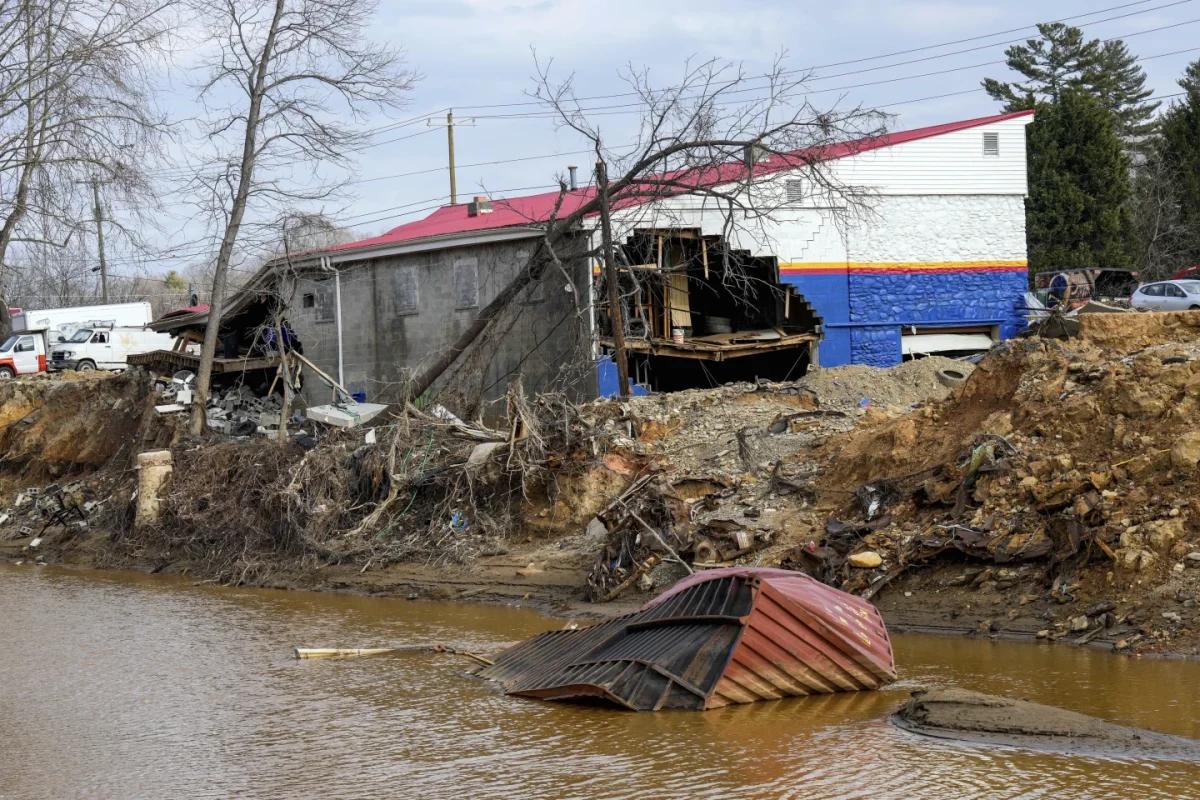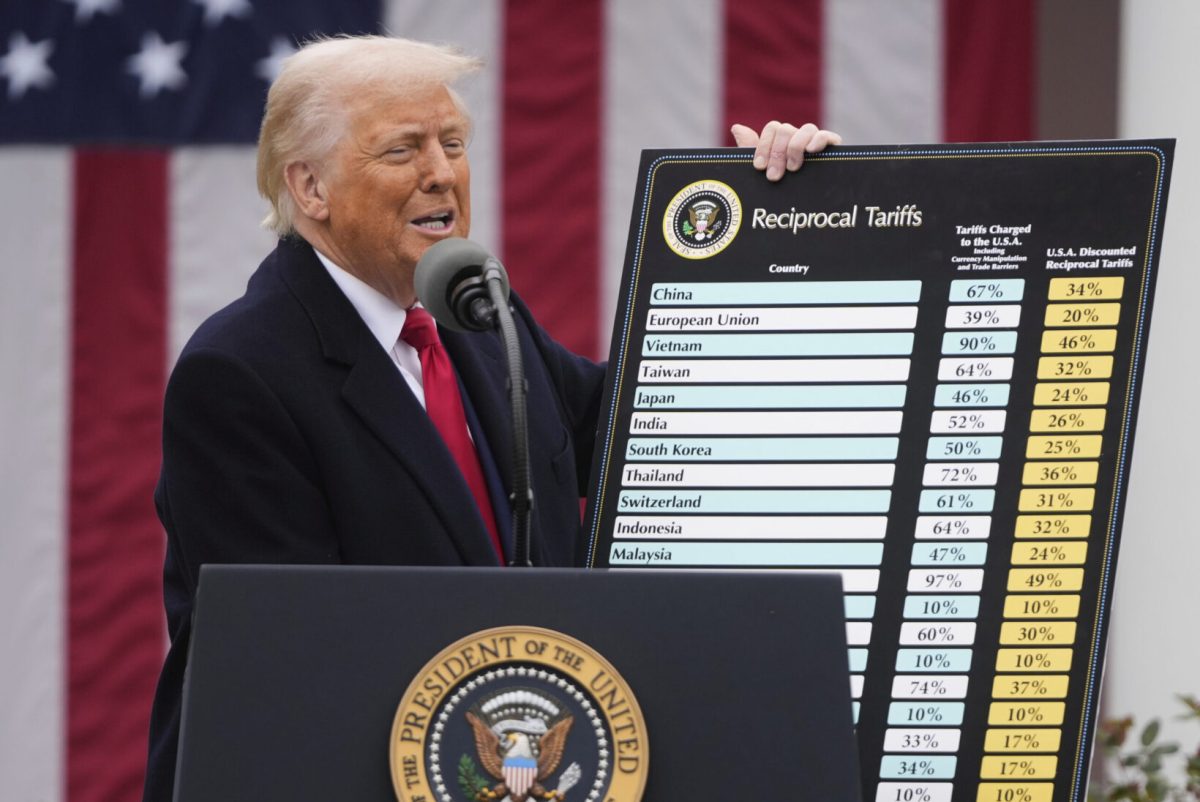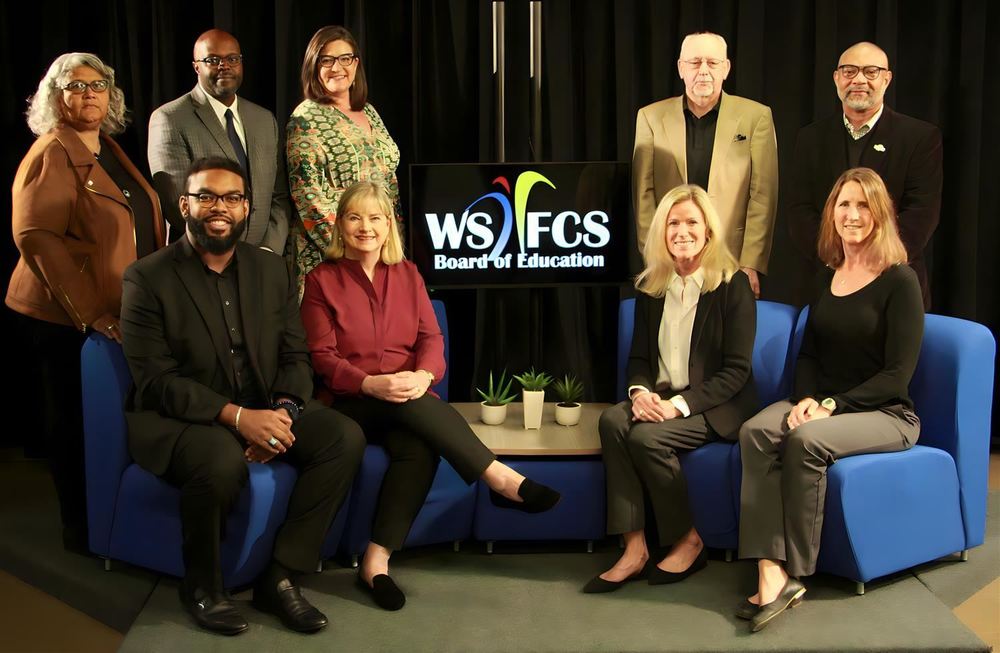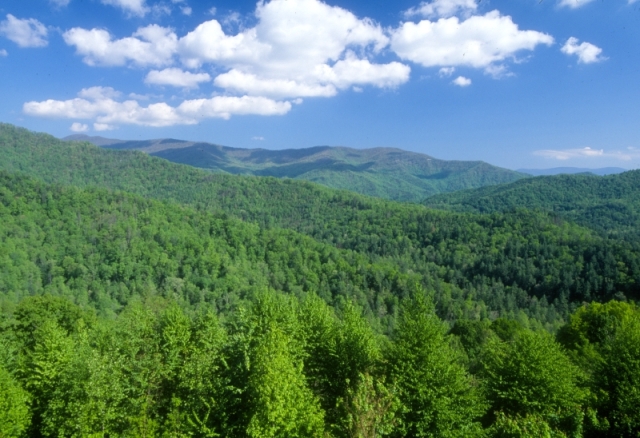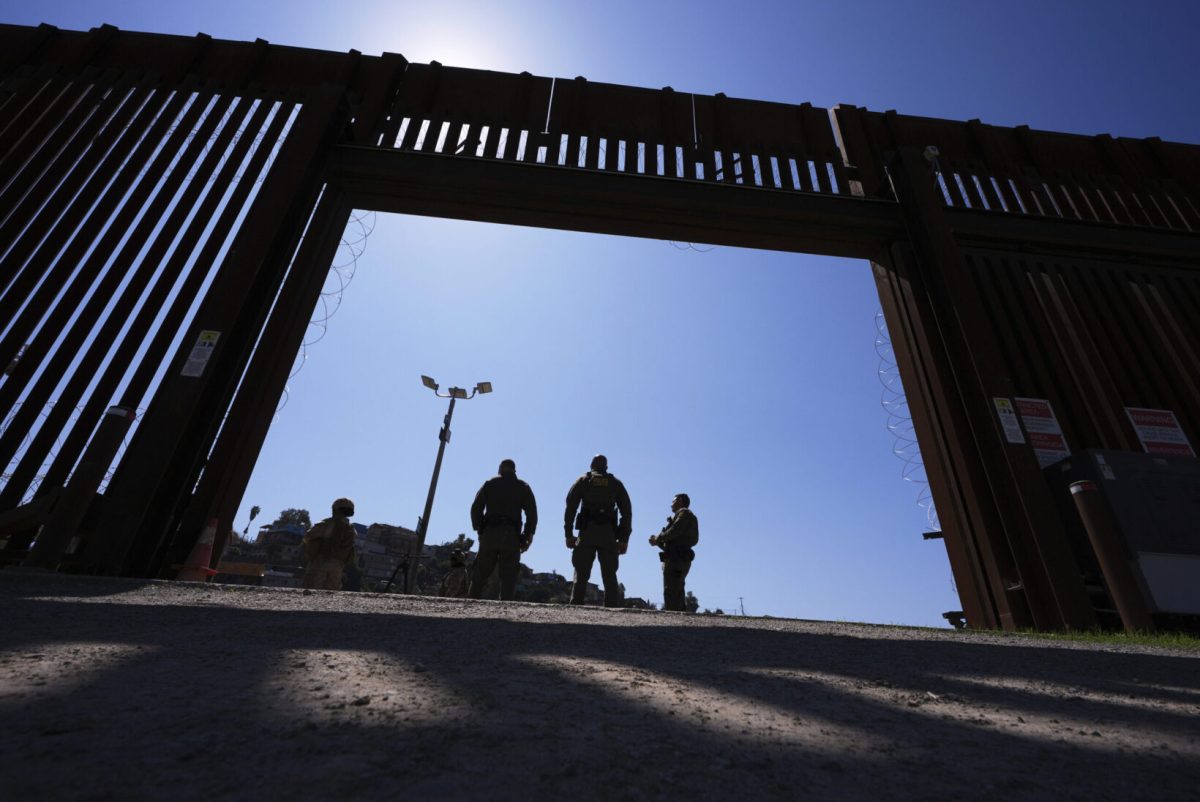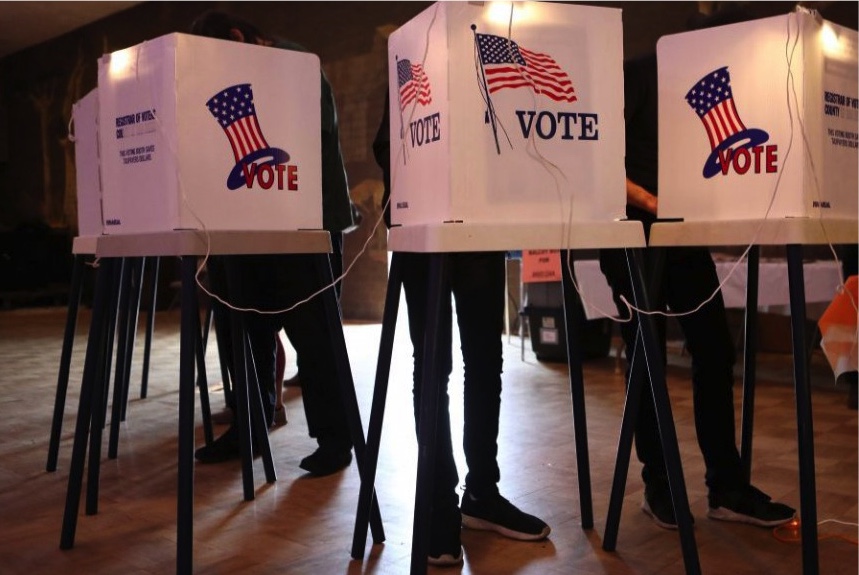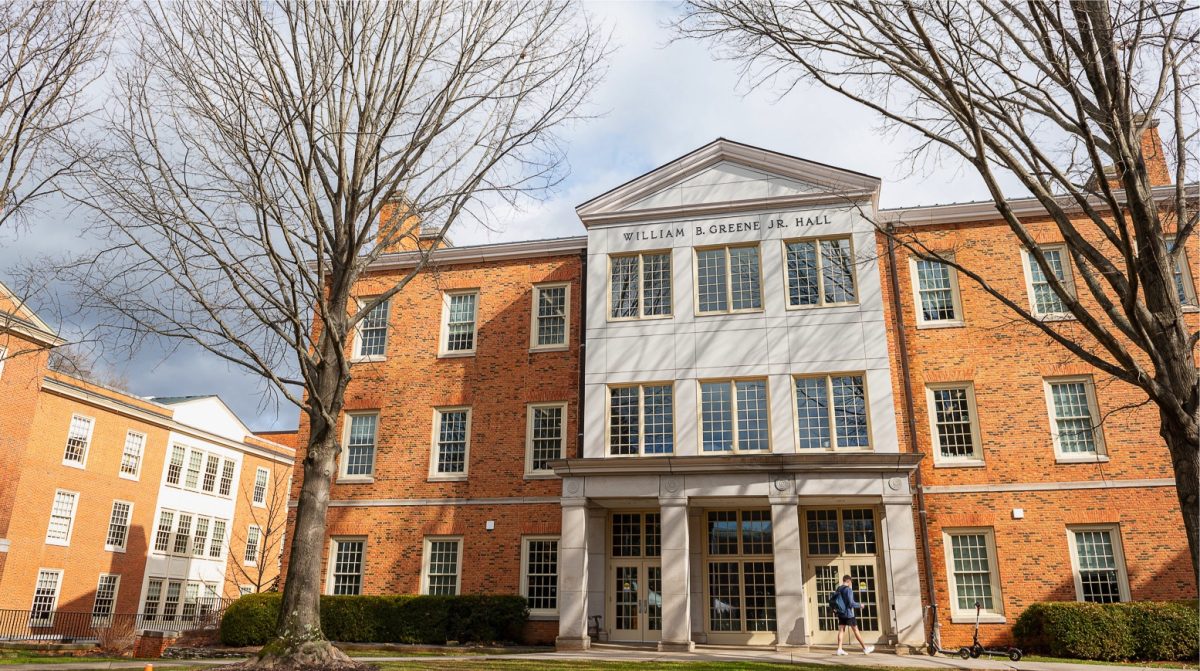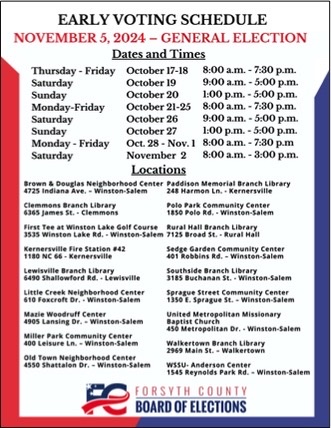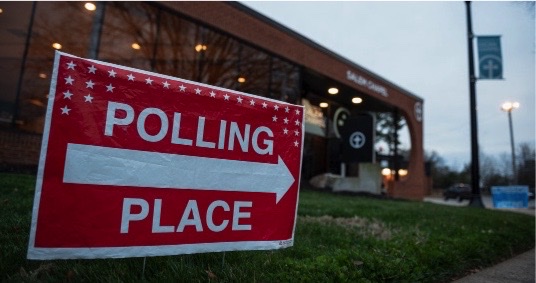According to Wake Forest Assistant Director for Advocacy and Social Justice Deb Marke, primary elections are “underrated,” and they present opportunities for voters to compare their beliefs with those of a wide range of candidates.
“If you want to see some change, or if you have questions, this is the time where you can really do a deep dive and say ‘hey, this person maybe has run uncontested before, but like who are the other candidates that are out there?’” Marke said. “‘And like, do they align better with me?’”
Primary election season has begun in states across the country. The North Carolina primary on March 5 marks a crucial first step in determining who will lead the state.
“We’re in such an interesting time in North Carolina because we have a huge governor’s race going on,” Marke said. “For the first time in a long time, we have a lot of City Council seats that are being contested, which is very exciting because it doesn’t always happen.”
The early voting period has already begun and will end on March 2. Voters who choose to participate in early voting can register and vote on the same day at any polling place. The closest early voting site to Wake Forest is Polo Park Community Center, located at 1850 Polo Road.
Registering to Vote
U.S. citizens who will be 18 years old by the general election day are eligible for voter registration. They also must have lived in North Carolina for at least 30 days before the election and not be on probation or serving a felony sentence.
Online registration is available at the North Carolina DMV website, and in-person options include submitting an application at the North Carolina Board of Elections office in Forsyth County or at polling locations during the early voting period.
Wake Forest students with out-of-state home addresses who want to vote in North Carolina can re-register with their Wake Forest mailing address. Students who would rather vote in their home state can request an absentee ballot. When voting out-of-state, Marke stressed the importance of keeping with deadlines and requesting absentee ballots early.
“Some people are like, ‘I want to vote in my hometown because there is a school board election that I’m super amped about; I really want to participate in it,’” Marke said. “That’s wonderful. Just make sure that you have all the information necessary to make sure that your vote actually counts.
Voting on March 5
On election day, citizens must vote at their assigned polling place, which will be open from 6:30 a.m. to 7:30 p.m. If unable to vote in person, absentee ballots are available for those who would like to vote by mail.
Wake Forest has two precincts and voting locations. Students living on South Campus and around Hearn Plaza will vote in precinct 903 at Salem Chapel, located at 610 Coliseum Drive. This includes students in the following residence halls: Angelou Hall, Babcock Hall, Bostwick Hall, Collins Hall, Davis Hall, Efird Hall, Huffman Hall, Johnson Hall, Kitchin Hall, Luter Hall, Poteat Hall, South Hall and Taylor Hall.
Precinct 905 residents, including students on North Campus, will vote at Bethabara Moravian Church, located at 2100 Bethabara Road. The following residence halls are considered North Campus addresses: Deacon Place apartments, Dogwood Hall, Magnolia Hall, Martin Hall, North Campus Apartments, Polo Hall, Polo Road houses and the Student Apartments complex.
When checking in to vote, voters must show a photo ID. The DeaconOne Card was recently approved as a valid identification card, so students can present their card at their voting site.
“Having this ID card as your voting ID is going to be really beneficial and hopefully ease any confusion,” junior Natalie Borsuk said. “You’re going to have your Deacon OneCard because later that day, you’re gonna have to get back into your classroom, the library, your dorm or any of those types of buildings on campus.”
On-Campus Resources
Wake Forest offers a variety of resources for student voters. The Office of Community and Civic Engagement (OCCE) hosts events for students interested in learning more about Forsyth County as election day nears.
The OCCE also partners with Deacs Decide, a non-partisan, student-led organization that aims to increase voter registration, education and turnout. Borsuk is one of Deacs Decide’s co-directors, and she expressed that a primary function of the organization is partnering with other student groups to promote and increase voter education.
“It is more accessible than just one Instagram post from our account that might be reposted by the members of our organization trying to reach as many people on campus,” Borsuk said.
Deacs Decide is currently working on updating its website and social media accounts to reflect resources for the upcoming general elections in November.
Marke shared that, for many, the U.S. election cycle can seem long, which may cause burnout. She encourages students to find unique ways to stay informed.
“It is really easy to think about the fact that your vote doesn’t matter,” Marke said. “But it does, particularly when we look at local races. If you have any questions, there are so many people on this campus, including me, that would be happy to talk more about … why this matters.”


